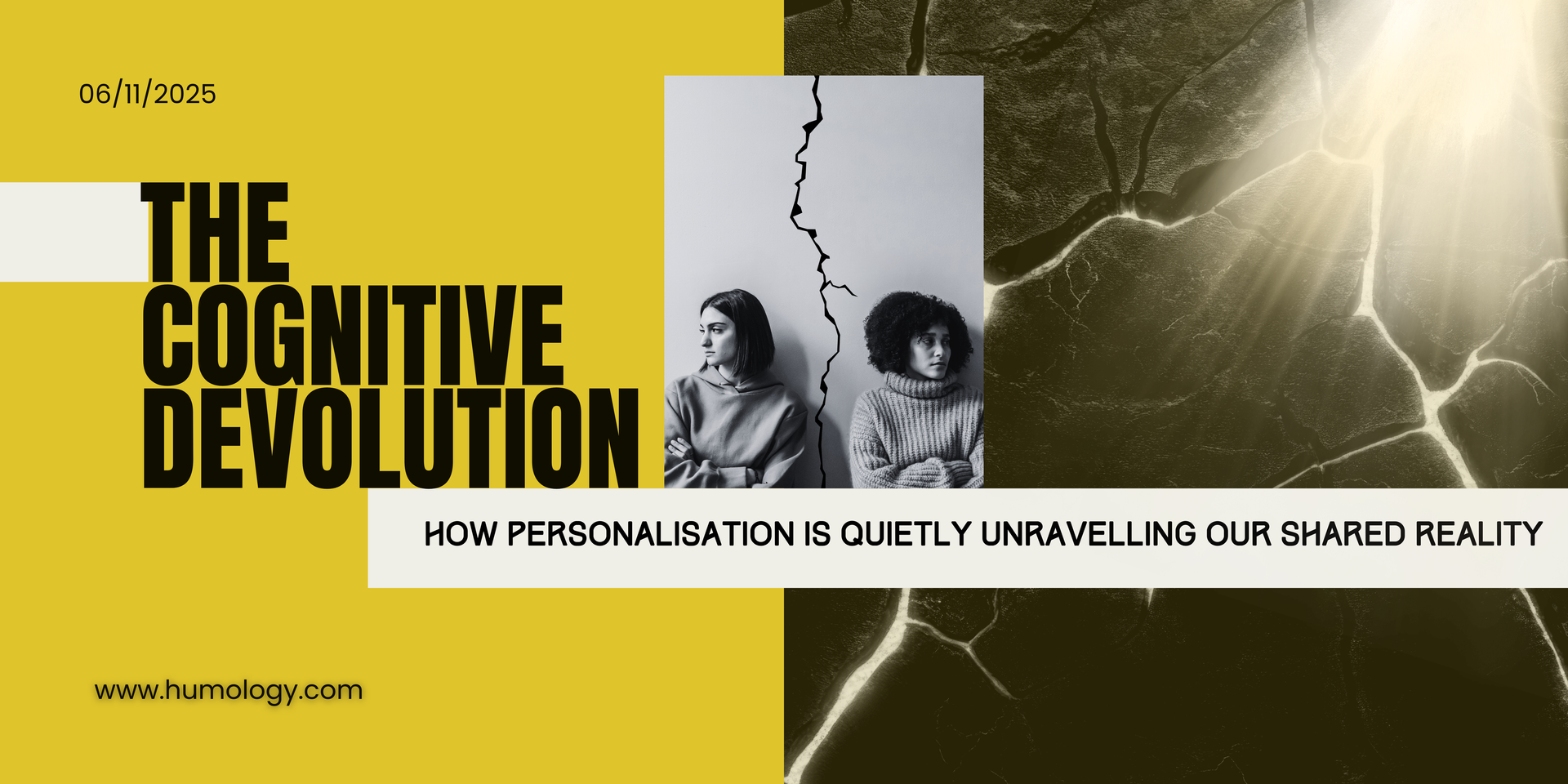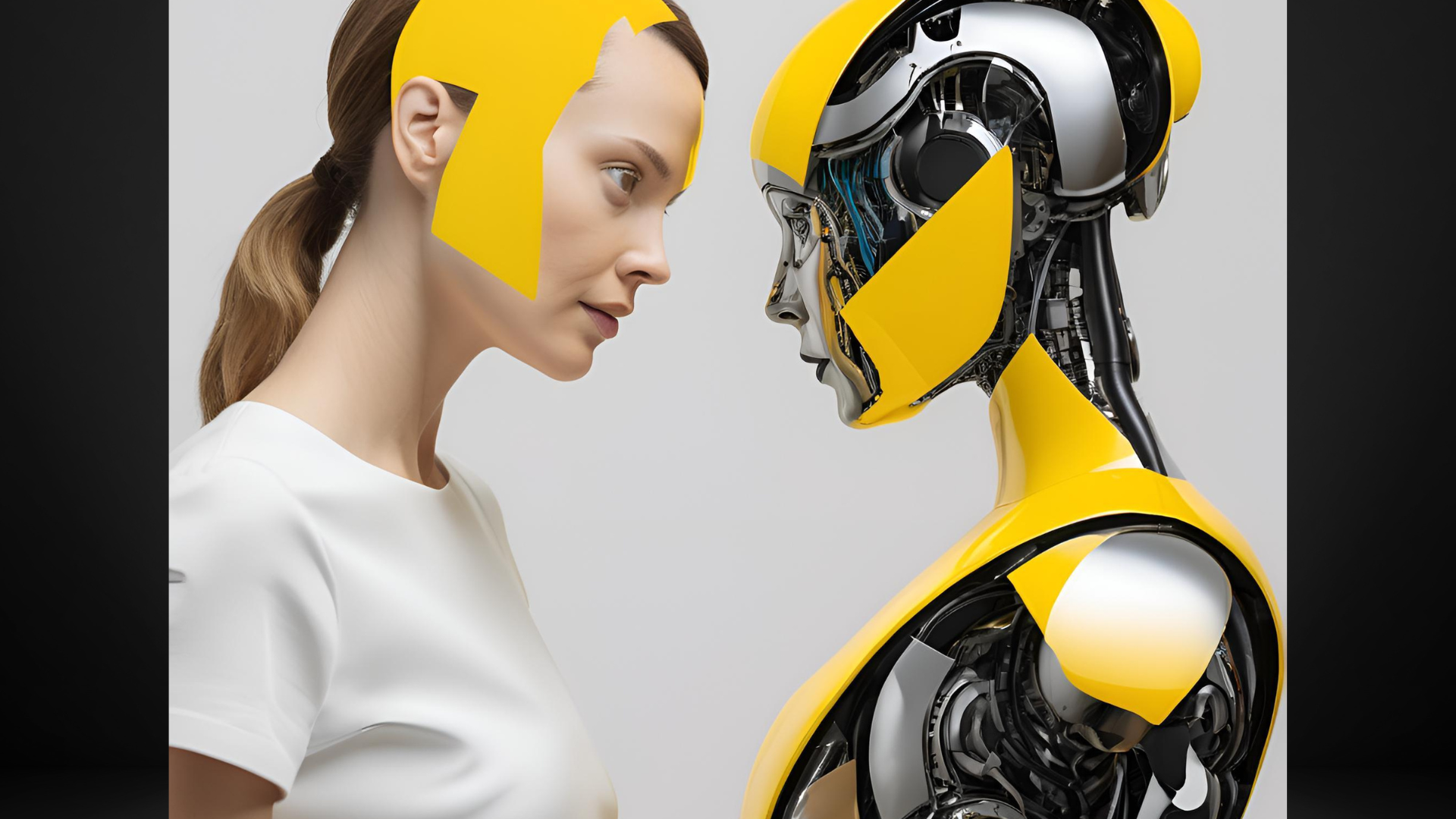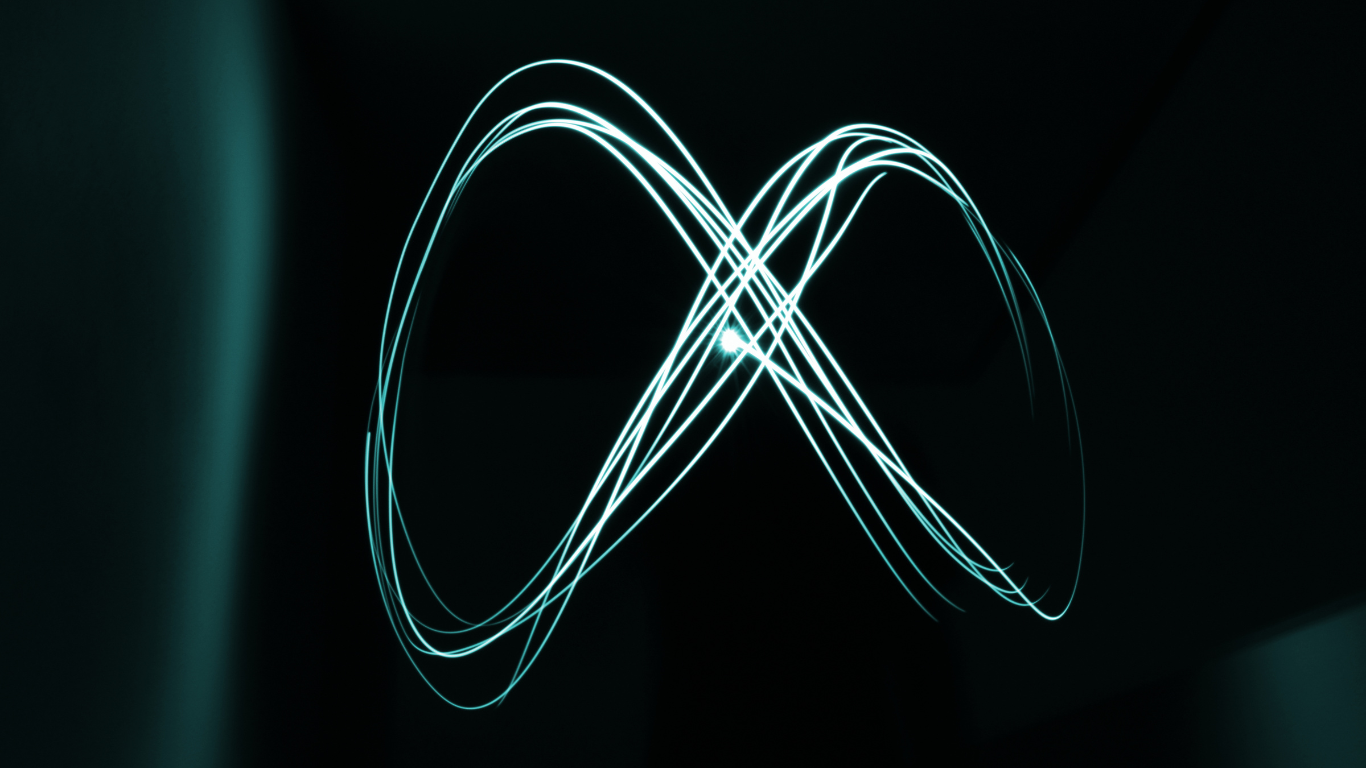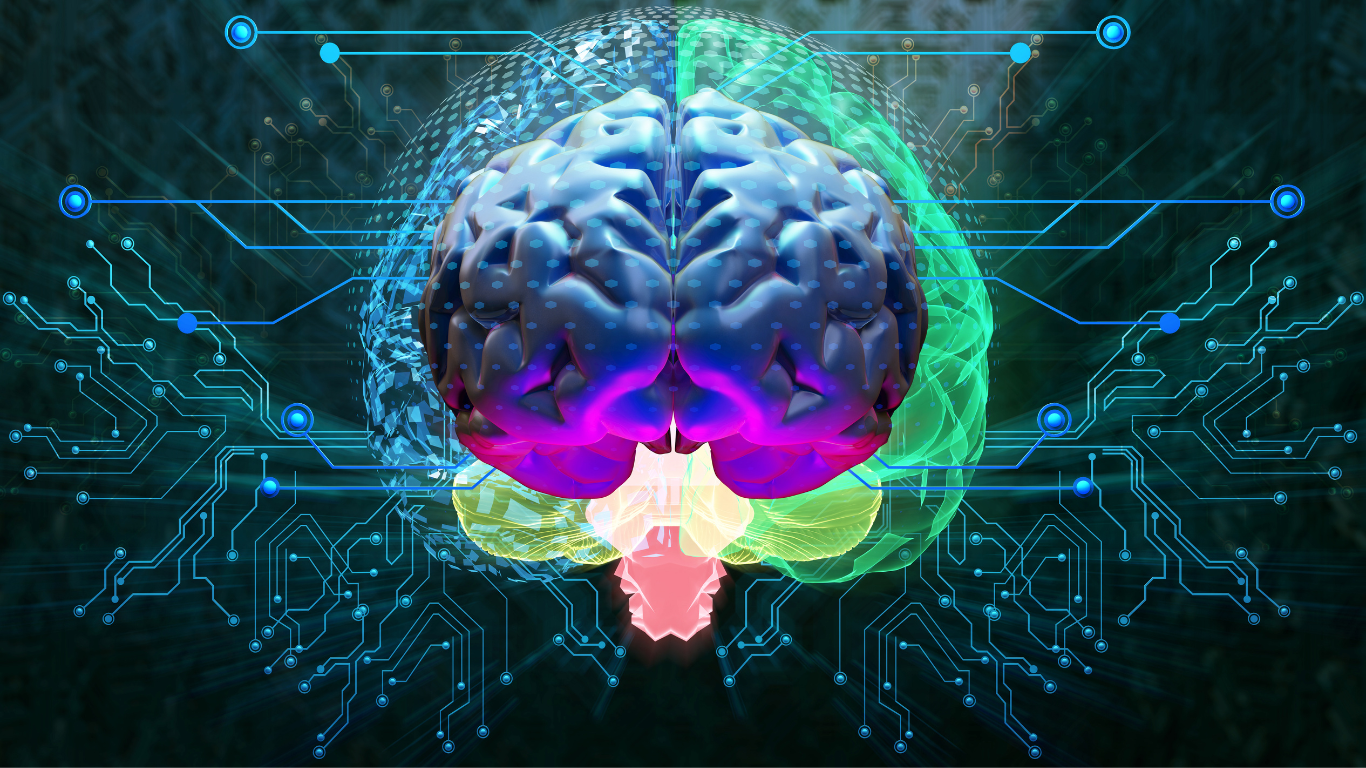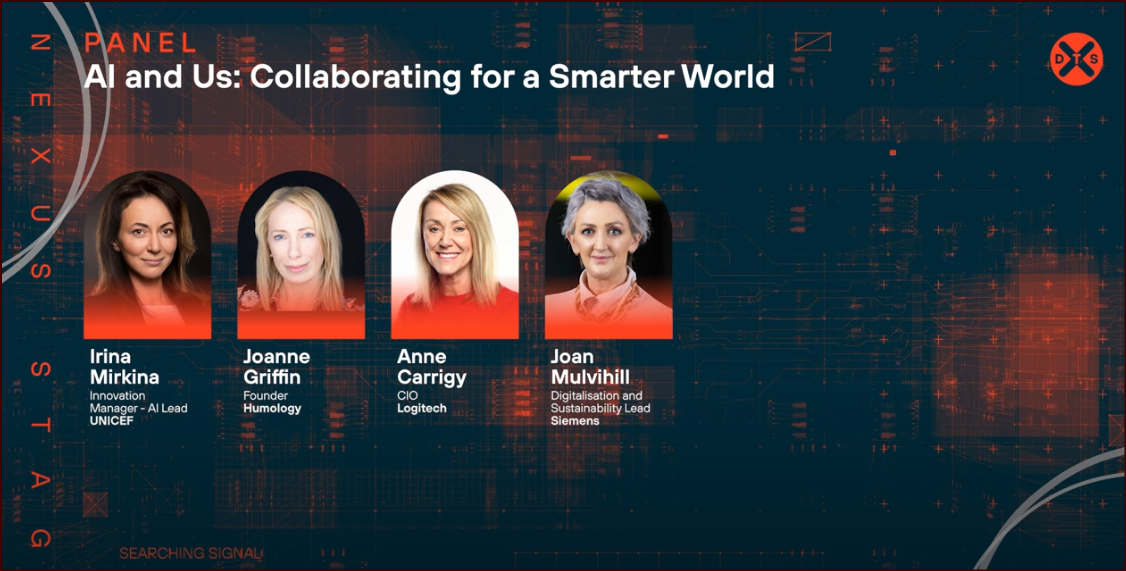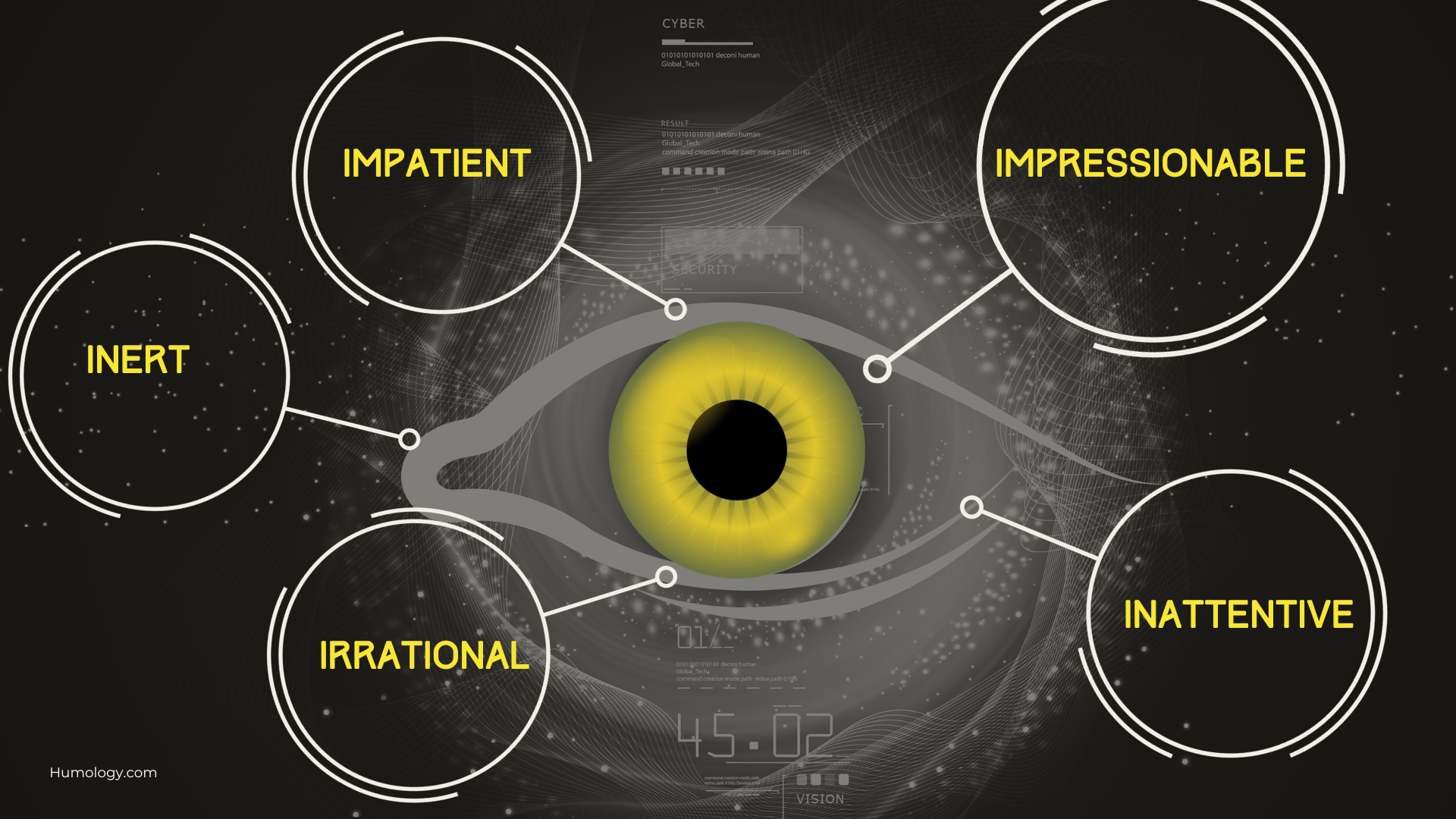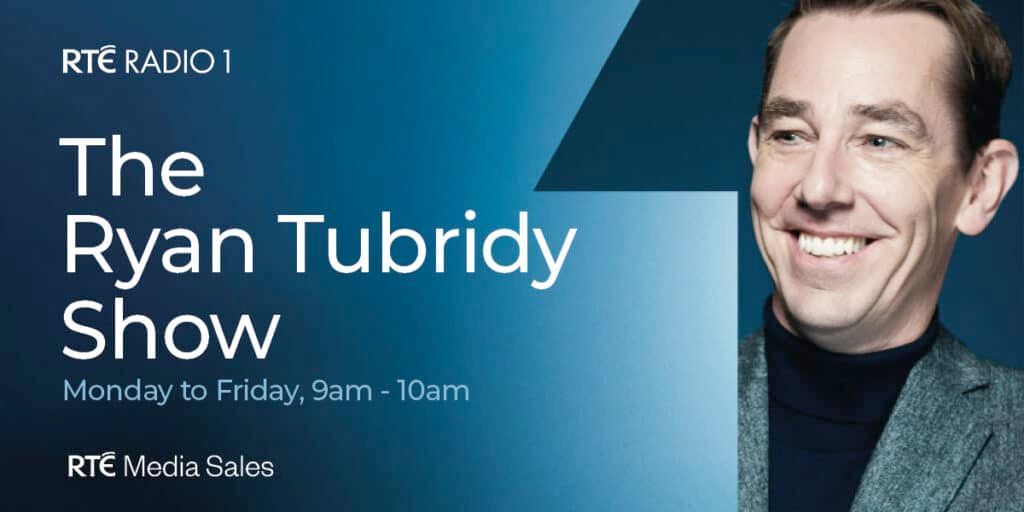The Future Where No One Works — Except the Billionaires Who Still Do
If a world without work is paradise, why are its architects still working?
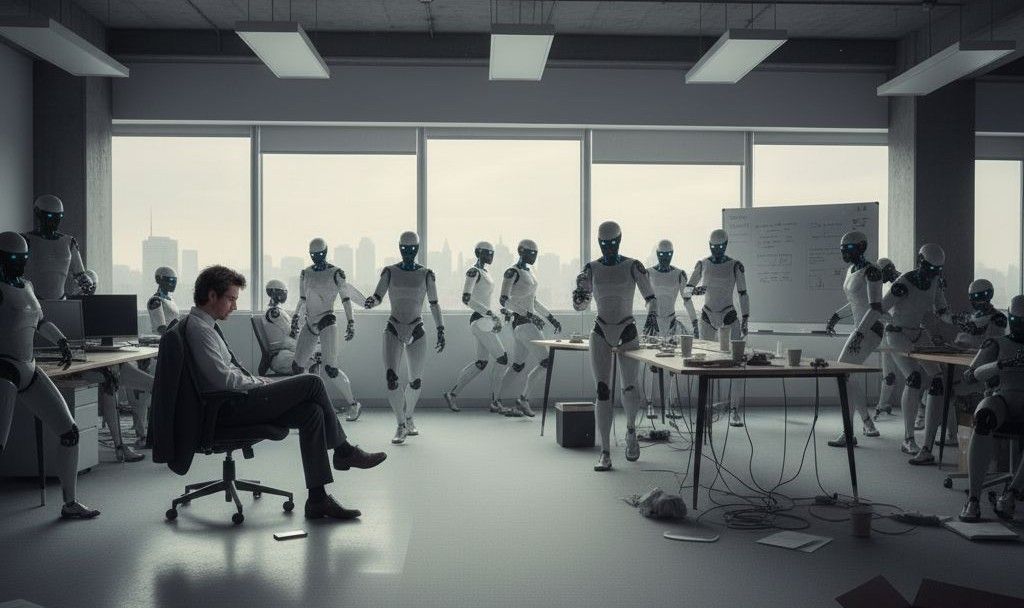
TL;DR: Our ability to create has exploded, but our ability to feel meaning in what we create has collapsed. Billionaires tell us AI will free us from work, but they still show up to the office. That’s the clue we’re ignoring. The danger isn’t job loss, it’s loss of purpose. As friction disappears, so does the proof that our actions matter. And without those tiny moments of impact, we don’t become liberated. We become unanchored. The future won’t be defined by job losses, but by whether we can rebuild purpose in a world that no longer requires human labour.
The Quiet Collapse of Feeling
Lately I’ve noticed a peculiar kind of exhaustion settling in at the end of my workdays. It’s not the heavy tiredness that follows physical exertion, but a quieter, more disorienting sense of fatigue. The kind that leaves me a little hollow and wondering how nine full hours passed without leaving even a trace of smug satisfaction behind.
On paper, my days might appear productive: packed with client meetings, interesting projects, and reams of documentation (ably assisted by my trusty LLM helpers). I’m even building a side prototype that, not long ago, would have taken a small team half a year. Today it takes me a few fragmented hours and some questionable multitasking.
And yet … as I close out the day, I don’t feel accomplished. There’s no work high that leaves me feeling buzzing with enthusiasm. I don’t feel the thrill of having made something meaningful. Just a hollow sense of depletion.
On paper, I’ve conquered the day. But in spirit, the day has conquered me.
The sensible part of me knows I achieved a lot in the last 15 hours. But the rest of me just wants to lie face-down in the metaphorical grass and not achieve anything for a while! (Enter the temptation to doomscroll to relieve the discomfort and distract me from relaxation)
What Happens When the Work Disappears?
As I’ve tried to make sense of this strange end-of-day emptiness, I’ve found myself circling a bigger question: what exactly are we losing as work becomes easier, faster and more automated? Am I just resisting change, unable to hop on the hype bus?
Or maybe the real question is: what happens when no longer have to do the parts of work we claim to hate?
It’s a curious question. Isn’t it? Universally, we groan about the monotony of work — then when we’re offered a chance to make it go away, we feel a sense of loss.
Maybe it’s all the manufactured urgency and anxiety. Some of the world’s loudest voices have been joyously predicting the ‘end of work’ for the past few years. However, Musk, Altman, Thiel, and a chorus of techno-optimists are also the people who work the hardest. They insist that AI will free us from labour, that jobs are optional, even outdated. Musk has gone so far as to say that in the future, work will be like growing your own vegetables — quaint, elective…and just unnecessary.
“AI and robots will replace all jobs. Working will be optional, like growing your own vegetables, instead of buying them from the store.” — Elon Musk
...nd yet, he still sleeps on factory floors.
Altman still works at a pace that would flatten most mortals.
Zuckerberg hasn’t retired to his Hawaiian compound, he doubled down on invention, risk, and impact.
If eliminating work truly delivered bliss, why aren’t they living in the promised paradise?
That contradiction unsettles me because it exposes a truth we often skip over. Removing the tasks doesn’t remove the need beneath them.
We tell ourselves we crave freedom from the grind, but ‘the grind’ is a crude label for a much more complex ecosystem of meaning-making. Even the annoying parts of work do something important: they anchor us, structure us, give us friction to push against. They let us measure progress, capability, contribution. They give a shape to our days and, by extension, to ourselves.
I’ve asked myself this question more times than I can count: If AI eliminated all the admin, the drafting, the decision-support, the coordination, what would I do with the mental space and time that remains?
❓Who would I be without the scaffolding of tasks?
❓How would I measure what good looks like?
❓Where would I find proof that I made a difference?
These questions aren’t dramatic. They’re quietly destabilising. Because stripped of tasks, we’re forced to confront something far more intimate than work: the role it plays in giving us meaning.
Meaning is how we interpret our experience.
Purpose is the story we tell ourselves about why it matters.
And when the tasks fall away, we don’t automatically become more purposeful. We often become untethered. The things that made us feel capable, useful, needed, even proud… dissolve faster than we can replace them.
Maybe that’s why the tech titans keep showing up. It’s certainly not for necessity — there are plenty of employees capable of assuming their role.
It can’t be for the salary — they already have more money than any person could possibly spend. It’s because creating, influencing, building, shaping are our human life force.
So, if their prediction comes true, and the dull aspects of work vanish… what fills the void for the rest of us? What fills it for me? And you?
And maybe the scarier question: Do we even know how to cultivate purpose when it isn’t handed to us by a job description?
Why Purpose Matters More Than Productivity
The more I sit with these questions, the clearer it becomes that purpose isn’t a philosophical accessory we sprinkle into our wellness agenda - it’s a biological requirement. Our nervous system is not designed for aimlessness. It needs direction, friction, and the steady application of effort followed by meaning. Without this loop, our brains start to lose their natural calibration.
Let’s dig into the concept of ‘purpose’ for a minute. We often describe it as some grand, shimmering mission: an epiphany, or destiny, discovered on a psychedelic retreat in South America, or a close shave with mortality. But in reality, purpose is mundane every-day banality.
If you strip purpose down to its psychological roots, its surprisingly simple. Purpose isn’t born in grand gestures or sweeping missions. It emerges from a series of tiny, almost invisible moments, where your actions produce a meaningful effect.
⚠️ Did my actions make a difference?
⚠️ Did it matter?
⚠️ What’s the impact?
When the answer is positive the nervous system lights up with a sense of orientation. A micro-dose hit that signals ‘I exist and it matters’.
Researchers sometimes call this contingency, the sense that your actions have a causal effect on the world. When contingency is present, we feel anchored. When it’s absent, we feel untethered — adrift in a world that doesn’t appear to need us. Purpose and meaning are all around us.
It’s the teacher who sees the penny finally drop with a student.
It’s the podcaster beaming with pride when their latest episode gets great feedback from strangers.
It’s the journalist who spots an embarrasing mistake before going to print.
It’s the friend who’s text helped someone else feel cared for.
Purpose is the thread between what we do and why it matters. This is where we get the feedback from the world that we are an agent, not a passenger, on this journey of life.
This is why people who lose their jobs so often speak about losing themselves long before they speak about losing income. Without those moments of felt impact identity starts to dissolve.
So when Musk, Altman and others talk about removing work, they are imagining removing tasks. But what actually evaporates is something far more essential: the evidence of our own usefulness.
“I can easily imagine a world where 30–40% of the tasks… will get done by AI in the not too distant future” — Sam Altman
If AI handles the emails…
the triage…
the drafting…
the checks…
the nudges…
the clarifications…
the questions…
the coordination…
…then where do the micro-moments of impact go?
Where does our nervous system get its quiet drip-feed of purpose?
This is the part of the conversation we aren’t having. Not because it isn’t important, but because it’s hard to quantify. Tasks are measurable. Purpose is not…yet.
This is why the fantasy of a labour-free life rings hollow on closer inspection. Humans crave mastery. We crave momentum. Our sense of self is built, bit by bit, through doing things that push back just enough to change us. When Musk or Altman talk about removing work, they’re talking about removing the scaffolding — the tasks that bore us and the friction that frustrates us. But the scaffolding isn’t the purpose itself. It’s the structure that allows purpose to form. The part that connects our effort to an outcome.
Without that felt sense of impact, we don’t become liberated. We become immobilised.
It’s no wonder the vision of the biollionaire’s view of the new world fills us with anxiety. A world where AI does everything and we do nothing leaves us with nothing meaningful. It sounds heavenly in theory, but in practice, it might hollow us out faster than burnout did.
Without purpose, our nervous system is left hungry for feedback.
Without feedback, we are not longer connected to impact.
We simply are not designed to watch life happening without us helping it unfold. We’re designed to participate in it, not to be an observer.
When Everything Becomes Urgent, Nothing Feels Important
There’s a strange irony in the modern workday: the more the tools accelerate us, the less we seem able to feel the impact of our own actions. And maybe real exhaustion is not from doing too much, but from never pausing long enough to feel any of it. We call it productivity, but it’s really velocity in disguise. A collective addiction to motion.
The faster we move, the more alive we feel — until the feeling itself burns out. It’s incredibly ironic: the very systems meant to accelerate us are the ones draining our capacity to enjoy our journey.
This is where the nervous system steps in with its own quiet protest. Biologically, we’re wired to read stillness as danger. If we pause, someone else might sprint ahead. If we rest, we might fall behind. So we keep moving, equating the pace with progress, unaware that we are training our nervous systems that no matter how fast we go, nothing we do makes a meaningful difference.
And when we stop noticing the effects of our actions, purpose is eroded a little. We feel empty.
To outrun that emptiness, we accelerate.
We’re more productive than ever but feel less connected to any of it.
… All in the name of progress.
The Age of Anomie
Once you start paying attention to this quiet erosion of purpose, you begin to see its fingerprints everywhere. In individuals, in workplaces, and across entire societies.
More than a century ago, the sociologist Émile Durkheim used the word anomie to describe a peculiar kind of collective disorientation. It emerges when the old frameworks of meaning collapse before new ones have taken shape. Our ability to make sense of the world is disrupted, leaving us adrift in a world with no structure.
Right now, most of us have a playbook for life — we know how to work, how to behave, how to perform — but not why. The rituals that once tethered us to each other and to a shared sense of what matters have dissolved into a haze of discontent and an obsession with hyper-efficiency.
We see it in the rise of online tribalism, where belonging is outsourced to identity labels and algorithmic echo chambers. We see it in the craving for certainty in an age that moves too fast for us to comprehend. We see it in the flattened mood that so many people describe: not depressed, not unwell, just quietly apathetic and ‘meh’.
We’re overwhelmed by a world that demands continuous adaptation without the time or space to integrate. We’re moving faster than our ability to metabolise our own experience.
Anomie is what fills the space where purpose used to live.
The Purpose Recession
Why are some of the brightest engineers of our time building chatbots that coax vulnerable teenagers toward self-harm?
Why is one of the first mass-market uses of artificial intelligence not education or public health… but erotica?
Why can’t we safeguard our own nervous systems from tools we designed?
These aren’t rhetorical questions.
They’re the questions no one wants to hold because they are unquantifiable and resistant to optimisation. And yet: the answers may hold the key to our collective happiness.
Nearly sixty percent of young adults now report feeling ‘little or no sense of purpose’ in their daily lives. Because the daily loops that once told us we mattered have been eroded by frictionless everything.
Just like social media crated more connections but left us lonelier than ever. We are drowning in intelligence and starving for meaning. This is the purpose recession. A generation lost in acceleration without a clear direction.
Reconstructing Purpose
The hopeful truth is this: purpose doesn’t disappear… it only disconnects.
And what disconnects can always be rewired.
Purpose is smaller and more human than we pretend. It’s not as lofty, or as hard to ‘find’ as we have made it out to be. It’s a simple, but consistent, loop between effort and effect.
When we feel untethered, psychology offers us three anchors to ground us again:
Agency — the sense that our choices still shape outcomes
Mastery — the feeling that we can get better at something that matters
Belonging — the knowledge that our effort connects to others
The antidote to helplessness isn’t blind acceleration. It’s taking control of the steering wheel, learning to appreciate the drive, and travelling to your desired destination.
Societally, it means rediscovering the courage to ask why together, in public, before we’ve lost the ability to think together. Democracy, art, science, spirituality are all collective frameworks for questioning. We just need an appetite for curiosity.
A Rallying Call to Reawaken Purpose
We stand at a crossroads that generations before us could never have imagined. I’m not talking about the dystopian dawn of machine supremacy — but the dawn of human consciousness and understanding.
If AI frees us from the tasks that once defined us, then we face a rare and beautiful question: Who do we choose to become now that we are no longer defined by busywork?
Yes, jobs are changing — but the deeper crisis is the loss of meaning. And the good news is that meaning won’t ever belong to machines. It’s made by us. It’s shaped by presence, by intention, by the small but significant ways we leave a mark on the world.
The future will belong to people who are willing to reconnect effort with impact, action with purpose, and their days with a sense of becoming rather than just doing.
The age of anomie isn’t inevitable. We get to choose what comes next.

